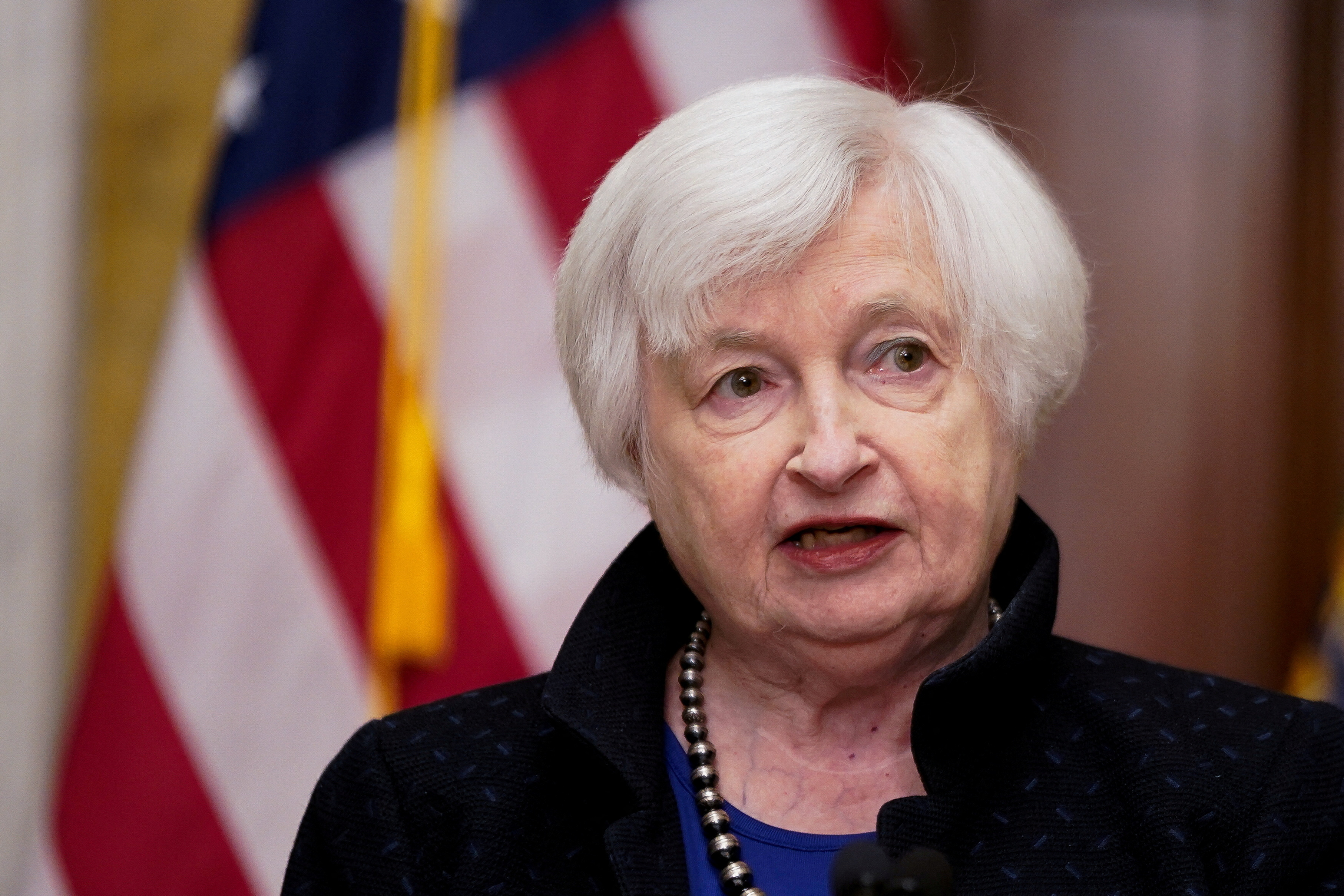Exclusive: Wegovy, other weight loss drugs ‘no silver bullet’, says WHO amid obesity review
12 May 2023
Drug Approval
LONDON, May 12 (Reuters) - New highly-effective weight loss drugs such as Novo Nordisk's (NOVOb.CO) Wegovy are not a “silver bullet” for addressing the rapid rise in global obesity rates, the World Health Organization’s nutrition chief told Reuters, as the agency conducts its first review of obesity management guidelines in more than 20 years.
The global health body is first revising guidelines for treating children and adolescents with obesity, and will then update recommendations for adults, said Francesco Branca, WHO director of nutrition and food safety.
The WHO last issued global guidelines on the topic in 2000, which are used as a blueprint for countries without the resources to draft their own plans.
As part of the work, the WHO has commissioned the Mario Negri Institute for Pharmacological Research, in Milan, Italy, to assess the evidence for the use of all drugs for children and adolescents – from older options like GSK's (GSK.L) Xenical to newer, more effective treatments like Wegovy and Eli Lilly and Co’s (LLY.N) Mounjaro, Branca told Reuters.
“The kind of communication that has been done around these drugs – ‘We’ve found a solution’ – that’s wrong,” said Branca. Drugs for obesity are important but must be “part of a comprehensive approach,” he said. “This is not a silver bullet.”
Branca said that other interventions, including diet and exercise, remain critical to help manage obesity. The latest WHO data shows that the percentage of children and adolescents aged 5 to 19 who are obese or overweight has risen to just over 18% in 2016 from 4% in 1975, and this now represents more than 340 million people.
Novo Nordisk and Eli Lilly did not immediately respond to a Reuters request for comment.
Wegovy and Mounjaro were originally developed for type 2 diabetes to help control blood glucose. More recently, they have been shown to help people lose around 15% of their body weight, capturing the attention of patients, investors and even celebrities.
Part of a class of drugs known as GLP-1 agonists, they are given by a weekly injection and work by affecting hunger signals to the brain and slowing the rate at which a person’s stomach empties, making them feel full longer.
Studies suggest people are likely to have to take the drugs for the rest of their lives to keep the weight off.
U.S. medical groups are also reviewing their obesity treatment guidelines to consider the best use of Wegovy and similar drugs, with some specialists advocating broad use while others recommend prioritising them for high-risk patients with health conditions, like diabetes or heart disease, that are exacerbated by excess weight.
The American Academy of Pediatrics has recommended using such medicines in children age 12 or older with obesity, even though the long-term impacts have yet to be studied.
MORE ROBUST
The WHO said its revised guidelines will be based on more robust methodology than previous iterations and include up-to-the-minute science. The first draft of the new management guidelines for children and adolescents are expected by the end of this year.
Branca said the researchers at Mario Negri, as well as other institutions working on the guidelines, had been extensively vetted to avoid conflict of interest concerns.
Novo Nordisk was suspended earlier this year from the Association of the British Pharmaceutical Industry for its marketing practices, such alleged funding of health professionals and providing training that the association alleged was intended to promote its drug.
“We really screen the potential conflicts of interest,” said Branca.
He described obesity as a "rising epidemic".
"There are multiple reasons why we really have to take much more serious and bolder action,” he said.
Our Standards: The Thomson Reuters Trust Principles.
Thomson Reuters
Jen reports on health issues affecting people around the world, from malaria to malnutrition. Part of the Health & Pharma team, recent notable pieces include an investigation into healthcare for young transgender people in the UK as well as stories on the rise in measles after COVID hit routine vaccination, as well as efforts to prevent the next pandemic. She previously worked at the Telegraph newspaper and Channel 4 News in the UK, as well as freelance in Myanmar and the Czech Republic.

Preview
Source: Reuters

Preview
Source: Reuters

Preview
Source: Reuters

Preview
Source: Reuters

Preview
Source: Reuters
For more details,please visit the original website
The content of the article does not represent any opinions of Synapse and its affiliated companies. If there is any copyright infringement or error, please contact us, and we will deal with it within 24 hours.
Organizations
Indications
Targets
-Hot reports
Get started for free today!
Accelerate Strategic R&D decision making with Synapse, PatSnap’s AI-powered Connected Innovation Intelligence Platform Built for Life Sciences Professionals.
Start your data trial now!
Synapse data is also accessible to external entities via APIs or data packages. Leverages most recent intelligence information, enabling fullest potential.




